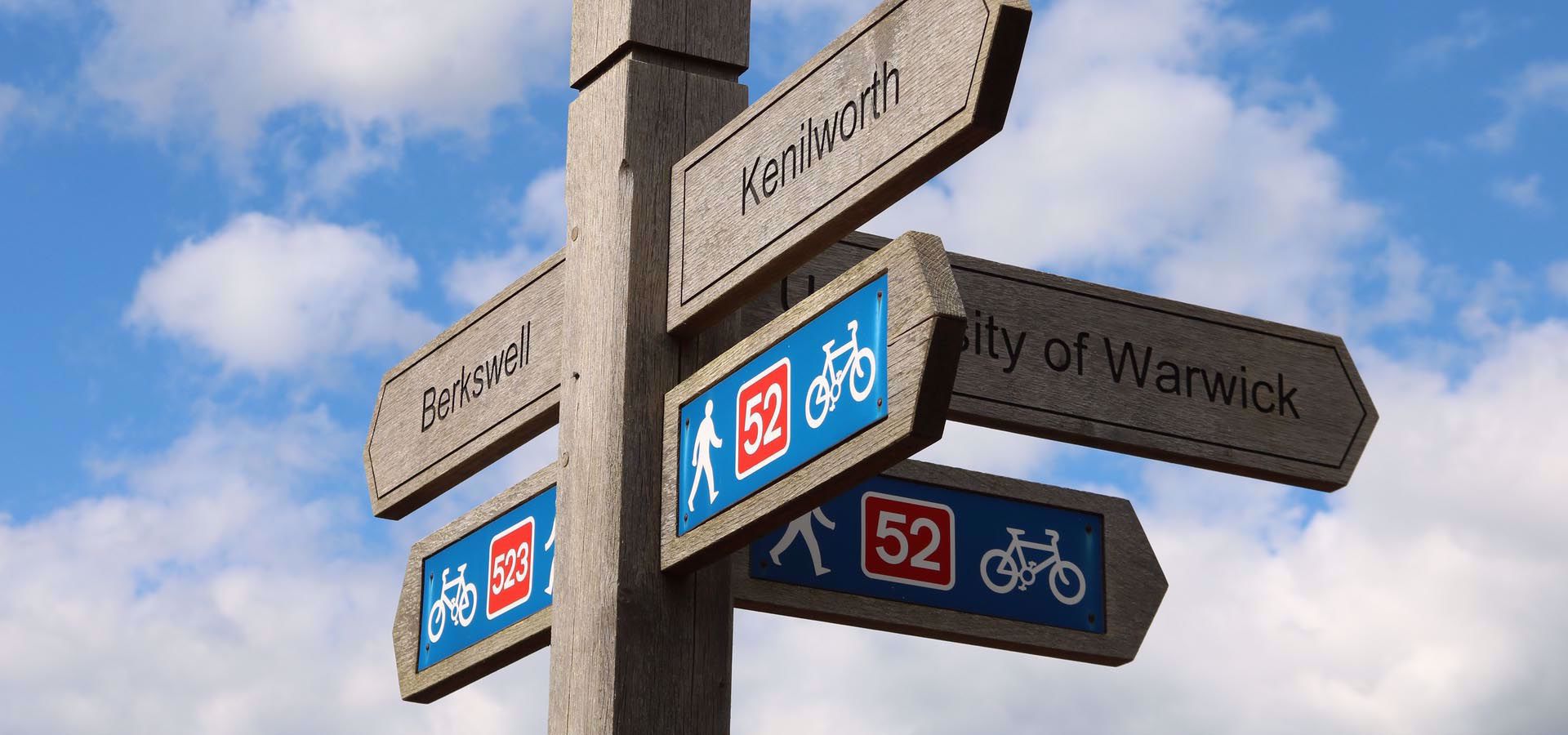We love international travel! We do it not only to see new things and meet new people, but to enrich our understanding of the world and humanity, and our own place in it. But there is no doubt that it takes more work and more preparation. Over the years we've made lots of mistakes and thought that sharing them might help you avoid the same ones.
1. Not looking for your passport until a week before your trip.
- First, you want to make sure you can find it. We had a participant miss a long and expensive trip once when she couldn't find it and couldn't get to the passport office in time for a replacement.
- Obviously you need to make sure it is not expired, but many countries require that you have at least 6 months of validity from the date you enter their country.
- In addition you need at least one completely blank page for each entry stamp. So if your passport is close to full, save yourself anxiety and renew it 2 months before you leave.
2. Trying to take your trekking poles through security
Our experience is that people have been rarely stopped in security when they have their trekking poles in their carry on in the U.S. However it has not been uncommon when travel abroad, and being stopped at security means you either lose your poles or pay to have them checked. Since most airlines still allow one free bag on international flights, it's better to put your trekking poles in a checked bag to begin with.
3. Taking a long nap or going to bed the morning you arrive
It's so tempting!! Especially if the hotel offers early check in. But the fastest way to combat jetlag is to get on the right schedule as soon as possible. If you have access to your room, take a 20 minute nap (or none at all), then get up and shower, and start exploring your new surroundings. Stay up through dinner and get up at your usual time the next morning. It's a tough day but you'll feel so much better the next day.
4. Thinking the entire world eats meals at the same time and the same way as you do.
- While North Americans have been taught that a hearty breakfast is important, for many European countries breakfast is a coffee and a piece of toast or a pastry. This is less of an issue in hotels that offer buffets (and many hotels outside North America include breakfast in their price) but if high protein breakfasts are important to you, be sure to bring some cans of tuna and/or peanut butter.
- All the southern Mediterranean countries (e.g. Italy, Spain, Greece) are known for eating large dinners late i.e. 8 to 11 pm. There are restaurants that cater to North American travelers and open earlier, but the food and experience aren't nearly as authentic because they are also catering to what they imagine are North American tastes. If a large meal late at night doesn't work for you, try eating a larger lunch and then know you'll be pushing away a half filled plate at dinner (or, depending on the restaurant, bring a plastic sandwich box and put your leftovers there to eat the next day). Don't expect traditional restaurants to serve you dinner when you wander in at 6, any more than Spaniards can expect a U.S. restaurant to serve dinner at 11pm. If this is potentially an important issue for you, make sure you know what to expect and how to prepare for it before you go.
5. Bringing travelers' checks or getting foreign currency before you go
Travelers' checks are increasingly difficult to use; frequently, the only place you can use them are banks. If you are traveling to a vcountry with a good ATM system, the easiest thing to do is withdraw cash at your arrival airport (be sure to let your bank kow you're traveling). ATMS associated with banks tend to charge less fees and give better rates than non-bank ATMs. But I've made the mistake several times of relying on ATMs in countries with more fragile banking systems that may have limited ATM availability, limits on how much you can withdraw at once, and sometimes don't work or run out of currency. In these cases, bringing cash as Plan B and either exchanging it at banks or currency exchanges (not the ones in airports, they always give terrible exchange rates).



